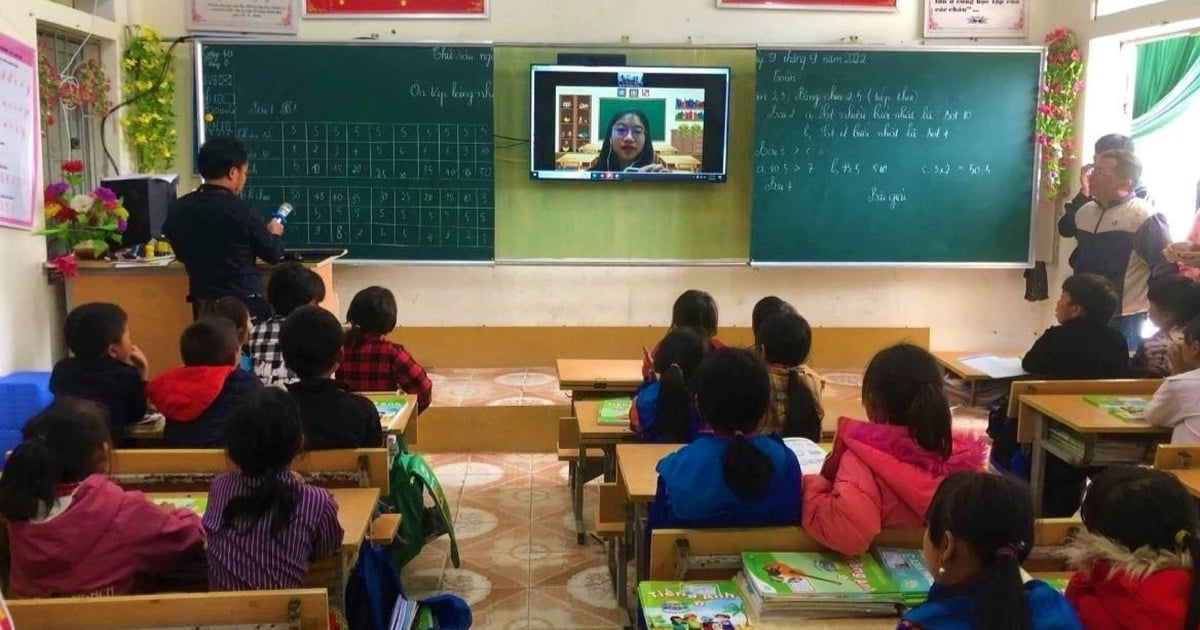You can use "grin" to say someone is grinning, or "smirk" for a smirk.
"Laugh out loud" means to laugh out loud. The popular term "lol" on the Internet is an abbreviation of the first letters of this phrase, or the phrase "lots of laugh".
"Giggle" is to giggle: The little kids giggled at the back of the class.
"Grin" is to grin: They all grinned when they knew they'd won the competition.
Chortle is to laugh like a chortle: She chortled at the good news.
Chuckle is to chuckle or laugh alone: He chuckled as he read his child's letter.
A smirk is called "smirk": The man smirked at his opponent's failure.
To chuckle in disdain, or to sneer, is a British term for a "snigger". Americans call it a "snicker": They sniggered at her clothes.
"Burst into laughter" or "burst out laughing" both mean to burst out laughing or burst out laughing: We burst into laughter when our boss showed up in two different socks.
"Crack up" also means to laugh out loud. To make someone laugh like that is to "crack someone up": The teacher's jokes cracked the students up.
To make someone laugh their guts out is to "have someone in stitches": Her stories at the dinner table had us in stitches.
Vietnamese has an idiom "A smile is worth 10 tonics", and English also has a corresponding saying: Laughter is the best medicine.
Choose the correct answer to fill in the blank:
Khanh Linh
Source link





![[Photo] General Secretary To Lam attends the 80th Anniversary of the Cultural Sector's Traditional Day](https://vstatic.vietnam.vn/vietnam/resource/IMAGE/2025/8/23/7a88e6b58502490aa153adf8f0eec2b2)


![[Photo] Prime Minister Pham Minh Chinh chairs the meeting of the Government Party Committee Standing Committee](https://vstatic.vietnam.vn/vietnam/resource/IMAGE/2025/8/23/8e94aa3d26424d1ab1528c3e4bbacc45)



























































































Comment (0)